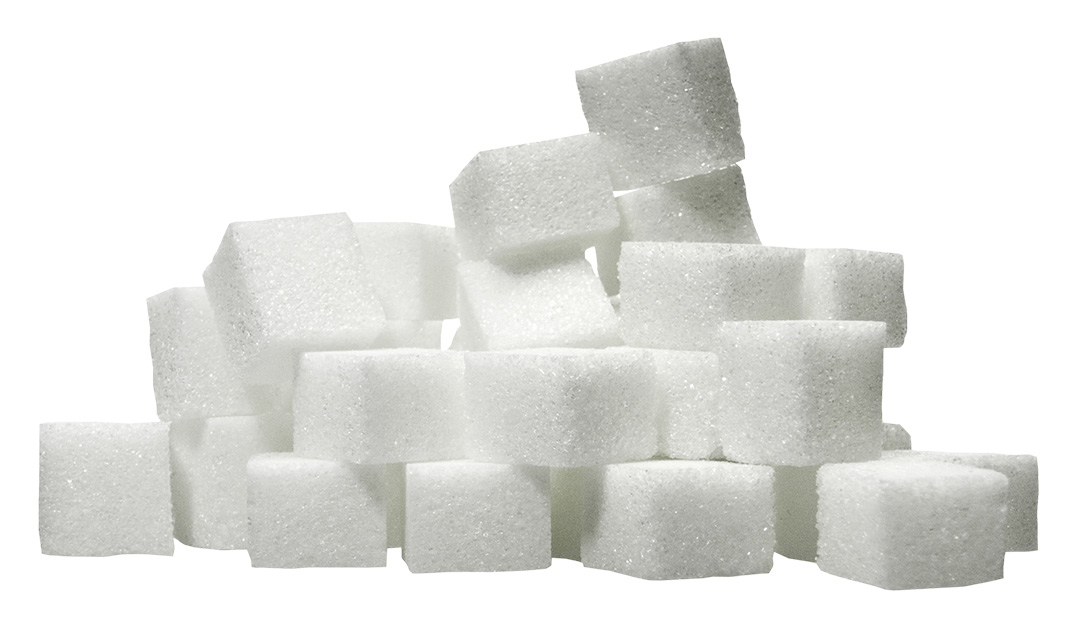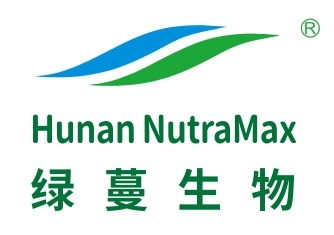Policy & Regulations|Changes in Taxes on Colombian Sugary Drinks and Sri Lankan Imported Sugar
Posted on:
2023-11-23 11:06
Source:

I. Colombia Imposes "Health Tax" on Sugary Drinks
The Colombian government recently announced a 10% health tax on sugary drinks from November 2023, with a gradual increase in the rate over the next few years. This policy is designed to address the growing problem of obesity and the related health crisis in Colombia.
II. Sri Lanka's Special Commodity Tax on Imported Sugar Increased to Rs. 50/kg
Sri Lanka's Morning Post reported on November 3, Sri Lanka's Finance Ministry notified through a government announcement that the special commodity tax levied on imported sugar will be increased from Rs. 25/kg to Rs. 50/kg, and that the revised levy rate will come into effect from November 2, 2023, with a validity period of one year.
In recent years, countries around the world have become more stringent in their regulation of sugary drinks and sugar products, a trend that will likely continue. Below are the relevant policies of several other countries:
1.Mexico: Mexico has one of the highest obesity rates in the world, and as a result, the government has strictly regulated sugary products. Starting in 2018, Mexico has imposed a 10% health tax on sugary drinks, as well as an additional 6% tax on drinks containing more than 6% sugar.
2. United Kingdom: the UK government announced in 2018 that it would impose a tax of 24 pence per liter (approximately RMB 2.4) on drinks with a sugar content of more than 8%, and the policy is expected to be gradually extended to other food and beverages in the coming years.
3. South Africa: The South African government announced in 2017 that it would impose a health tax of ZAR 10 per liter on sugary drinks. In addition, the government plans to gradually increase the rate of the tax to ZAR 20 per liter over a five-year period.
These policies have been introduced in response to the growing global problem of obesity and the associated health crisis. As more and more countries implement similar policies, the natural sweeteners industry will see more opportunities for growth. Natural sweeteners (e.g., monk fruit, stevia) will be favored by consumers for their healthy, natural, and safe properties, and demand will continue to increase.
For consumers, they will be more inclined to choose healthy, low-sugar foods and beverages due to the rising prices of sugary drinks and sugary products. The natural sweeteners industry can meet consumer demand by offering healthier, natural products.
For manufacturers, they will need to find healthier, low-sugar sweetening alternatives for their products. The natural sweeteners industry can provide a range of natural sweetener products to help manufacturers achieve lower sugar, healthier products.


